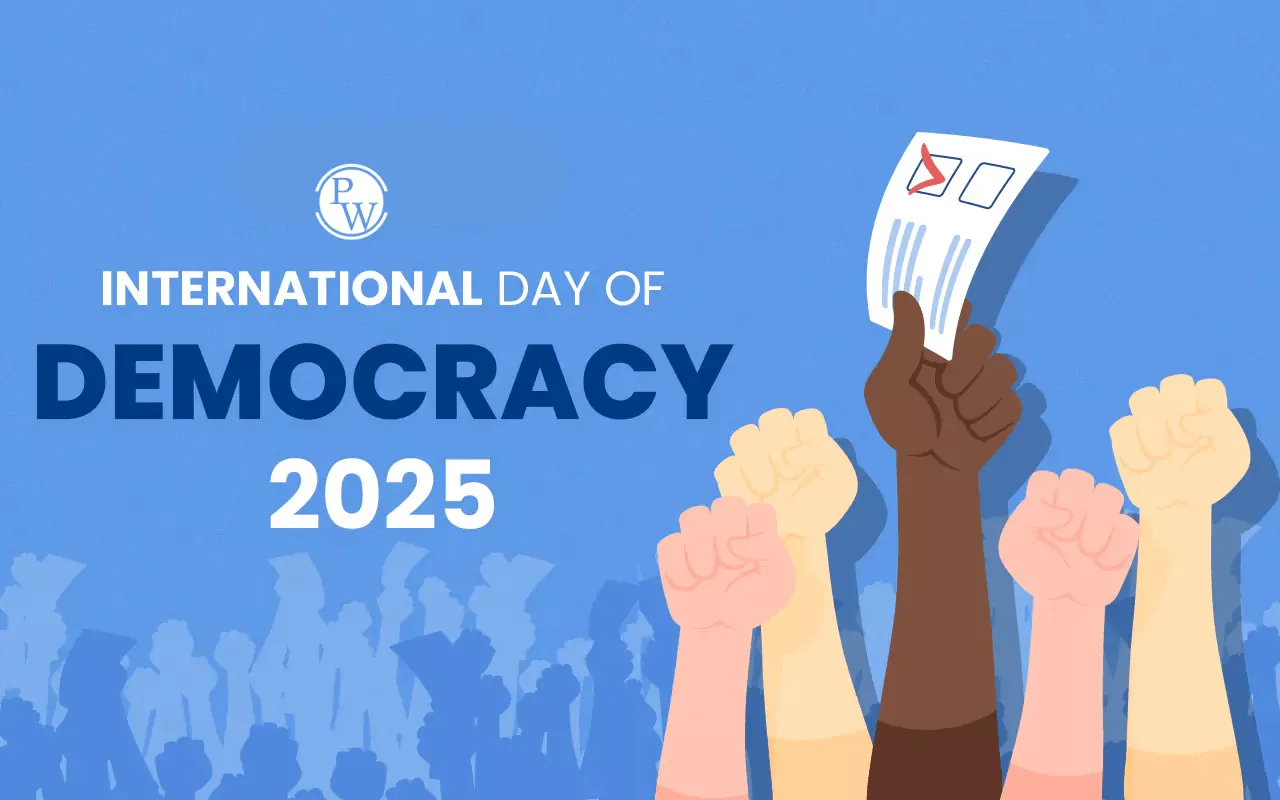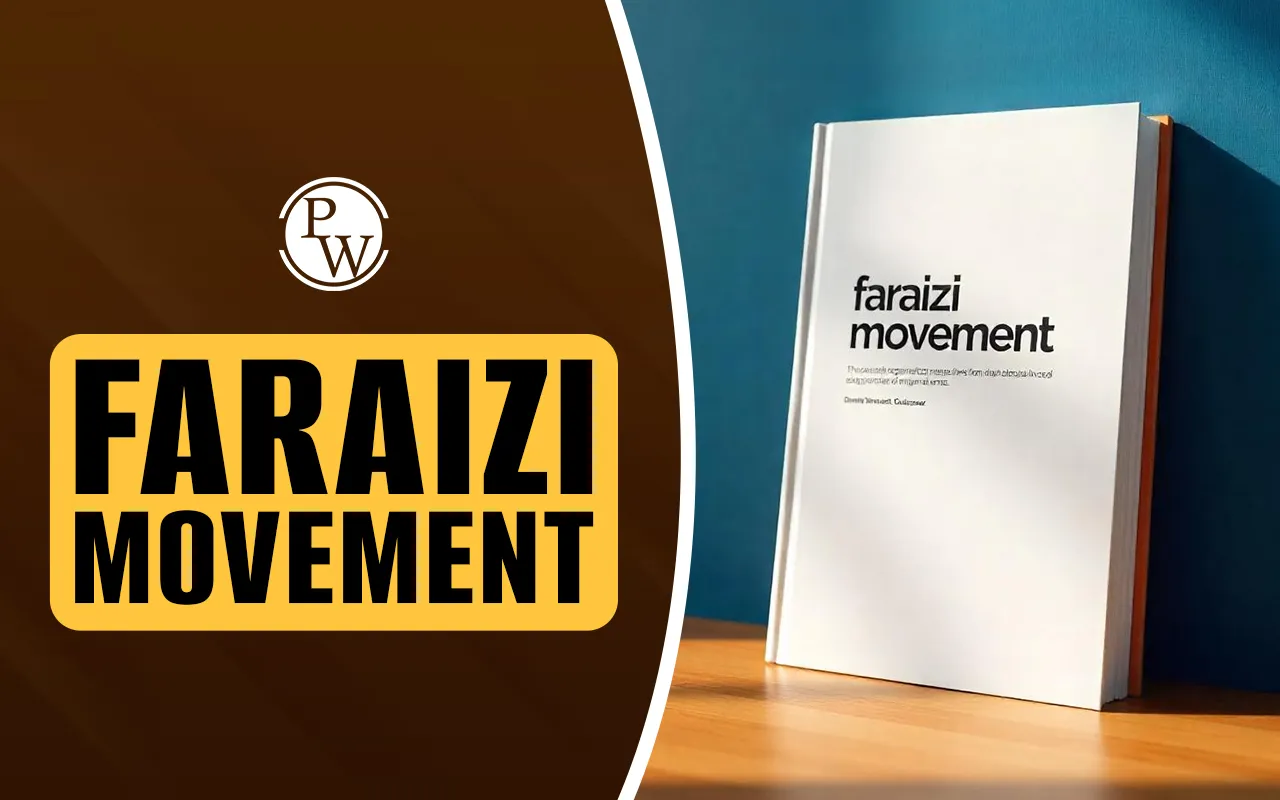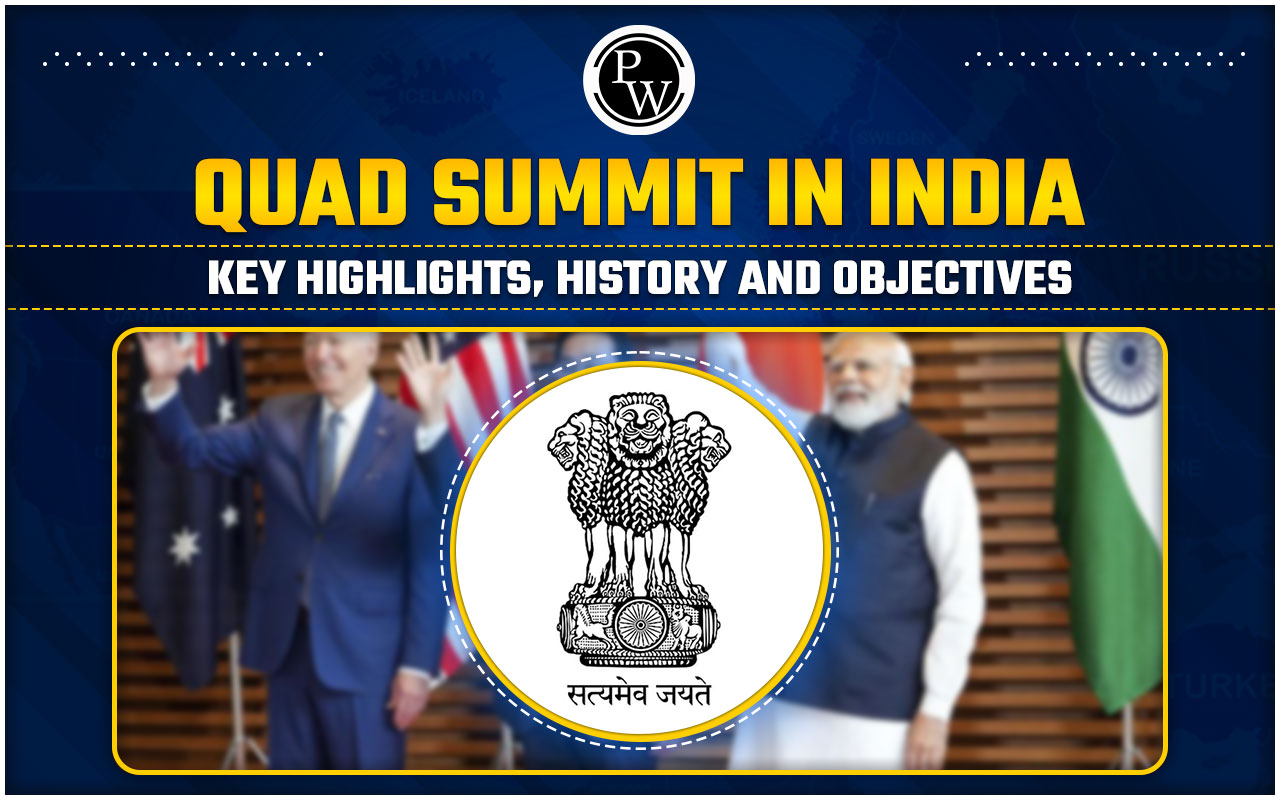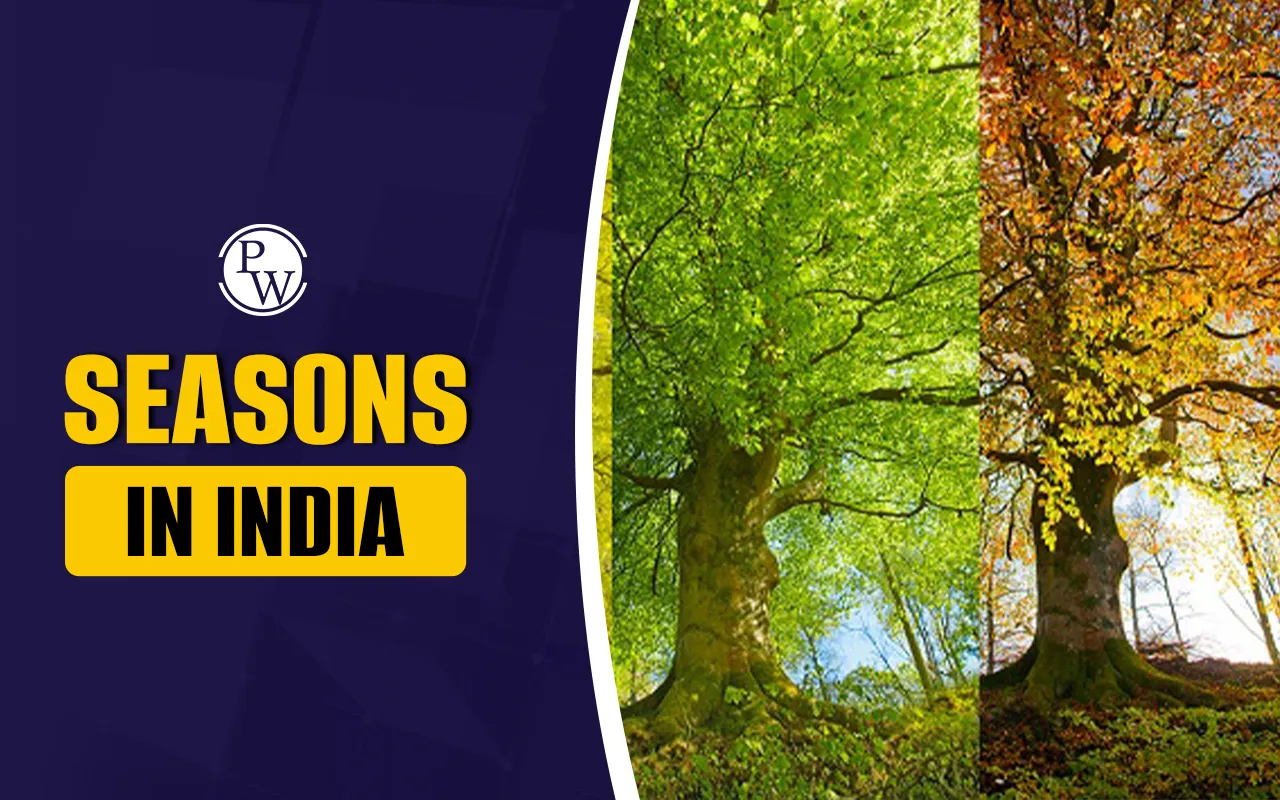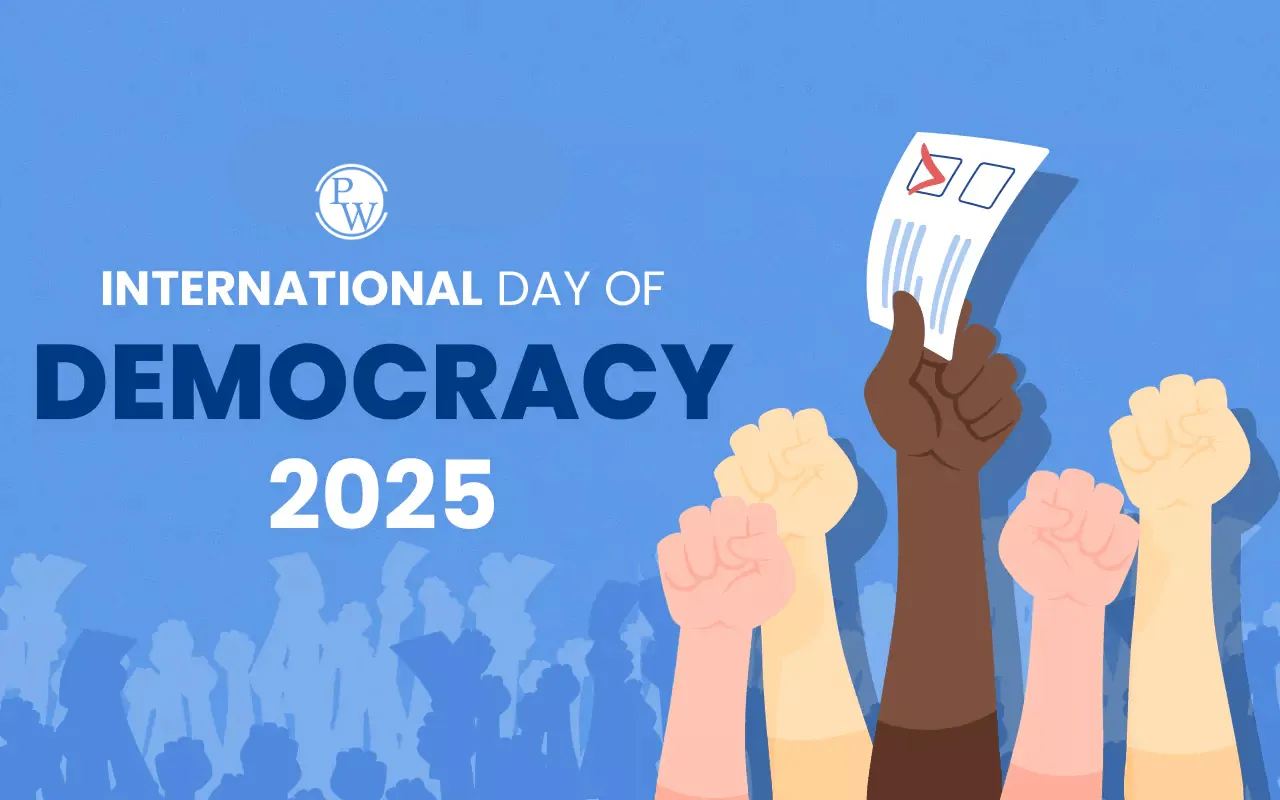
International Day of Democracy 2025 was observed worldwide on September 15, 2025. It is an annual event highlighting the values of freedom, equality, and participation that lie at the heart of democracy. It is recognized by the United Nations and provides an opportunity for nations to reflect on the progress and challenges in strengthening democracy.
Presently, there are several conflicts, misinformation, and inequality that pose a challenge to democratic values. The International Day of Democracy serves as a reminder for active participation and cooperation. It encourages individuals to participate in civic processes, hold governments accountable, and ensure that human rights are respected.
International Day of Democracy 2025
The International Day of Democracy 2025 was celebrated on September 15. It is an annual event that highlights the importance of democratic principles and values. The day was established by the United Nations General Assembly (UNGA) to reflect on the people's participation, transparency, accountability, and equality within a democratic setup. A brief overview of the International Day of Democracy 2025 is summarized below:
| International Day of Democracy 2025 | |
| Particulars | Details |
| Event Name | International Day of Democracy 2024 |
| Date | September 15, 2025 |
| Theme | Achieving gender equality, action by action |
| Established By | United Nations General Assembly (UNGA) |
| First Observed | 2008 |
| Objective | Promote and uphold democratic principles globally |
| Global Participation | Events, discussions, and initiatives worldwide |
| Focus Areas | Human rights, rule of law, political participation |
| Poster International Day of Democracy | Designed and highlighted by various organizations on this day |
International Day of Democracy 2025 Theme
The International Day of Democracy is observed by the United Nations, which allocates a specific theme every year. The official International Day of Democracy 2025 theme is “Achieving gender equality, action by action”. It focuses on a global effort to address current challenges associated with gender issues and women's empowerment in the democratic setup. The official theme is accompanied by actions for gender equality, and promoting these in the following three key areas:
-
Promoting parity in parliament and politics
-
Encouraging gender-sensitive institutions
-
Combating gender-based violence and discrimination
International Day of Democracy History
The United Nations General Assembly declared 15 September as a day to promote the principles of democracy for the first time in 2007. The day was proposed to observe to strengthen democratic institutions, ensure transparency, and provide opportunities for citizens to participate in decision-making.
The day is meant to inspire global efforts to safeguard democracy in both established and emerging nations. The inspiration for this day was derived from the Universal Declaration on Democracy, which was adopted by the Inter-Parliamentary Union in 1997.
The day is observed by various institutions and organizations by organizing events like seminars, conferences, debates, and other educational activities. These events provide a platform for stakeholders, including governments, civil society, and individuals, to examine the status of democracy in their regions.
Role of UNESCO in the International Day of Democracy
UNESCO stands for the United Nations Educational, Scientific, and Cultural Organization. It plays an important role in promoting democratic values. UNESCO, through the International Day of Democracy, looks to ensure that democracy is not limited to political structures but also extends to the lives of the citizens..
The global organization also focuses on promoting democracy through knowledge and respect, apart from the parliaments and periodic elections. To celebrate this day, UNESCO collaborates with governments and communities to promote fundamental values of democracy. These values include the following:
-
Promoting Free Expression: UNESCO promotes press freedom as an important part of democracy. People working for the Press must be able to report without fear, and should have access to accurate information.
-
Building Inclusive Societies: It also supports cultural and educational works that bring the often neglected and marginalized communities into the democratic setup.
-
Strengthening Digital Literacy: UNESCO advocates for digital literacy to align with the rapid growth of online platforms in today’s world. These programs empower citizens to engage responsibly in public decision-making.
Democracy in India
India is, by far, the largest democracy in the world. It has almost 900 million or more eligible voters. It declared itself to be a democratic country with the adoption of its Constitution on January 26, 1950. Since then, there have been periodic elections at all levels of government, a parliamentary form of government, and universal adult suffrage for citizens.
-
India’s democracy is built on diversity. Equal participation is seen in the governance of people of different cultures, languages, religions, and values.
-
Free and fair elections are conducted to make sure that the government remains accountable to its people. Transparency and fairness are ensured by the Election Commission, which is a constitutional body.
-
In recent years, Indian citizens have also been involved in matters of environmental protection, economic equality, digital rights, and social justice. The emergence and growth of social media have strengthened the voices of the public
-
However, there are challenges and issues still to be addressed in a large democracy like India. There is a need to strengthen the democratic institutions and empower them so that corruption can be avoided and the governments become more responsible towards the people.
-
India’s democratic setup has demonstrated immense resilience in the past 70-odd years, which makes it a global example of how diverse countries can adopt a democratic setup.
International Day of Democracy Quotes
There are several quotes given by some of the most influential leaders of the world that are powerful reminders of democratic values. Such quotes are repeatedly used by leaders and organizations to inspire civic engagement of people within a democratic setup. Some of the famous International Day of Democracy Quotes are mentioned below:
-
“Democracy is the government of the people, by the people, for the people.” – Abraham Lincoln
-
“The best argument against democracy is a five-minute conversation with the average voter.” – Winston Churchill
-
“The price of apathy towards public affairs is to be ruled by evil men.” – Plato
-
“Freedom and democracy are dreams you never give up on.” – Aung San Suu Kyi
-
“Injustice anywhere is a threat to justice everywhere.” – Martin Luther King Jr.
These quotes help us remember that democracy is the ultimate government of the people. It will require continuous checks, criticisms, and active people's participation to realize the true values of democracy.
International Day of Democracy 2025 FAQs
When is the International Day of Democracy 2025 observed?
What is the theme of the International Day of Democracy 2025?
Who established the International Day of Democracy, and when?
What is the role of UNESCO in the International Day of Democracy?
Why is India considered the largest democracy in the world?

